Kollengode Palace of Chembukavu – The heritage museum of Thrissur
Vasudeva Raja was the last ruler of Kollengode, Palakkad. He constructed a palace in Thrissur in 1904 and gifted it to his daughter. In 1975, the palace was acquired by Department of Archeology and declared as an archeological museum. A few belongings of the royal family of Kollengode are also exhibited in this museum.
Museum was built in Indo-European style, and completed with aid from British. Italian marble and tiles were imported from England to do the flooring of the palace. Roof was completed using wood, adding extra charm to the palace. Kollengode Palace of Chembukavu can be tagged as a heritage museum of Thrissur, which has been renovated in the recent times. Visitors can get a unique experience here. This summer palace of Kollengode kings has been renovated as a part of the heritage project of the government, to protect and conserve ancient monuments.
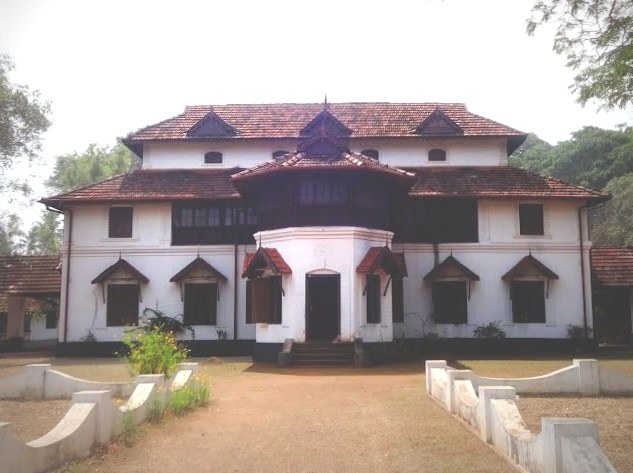
The urban culture of Thrissur
Stone equipment of century-old Stone Age has been displayed in the heritage museum of Chembukavu, and visitors get a glimpse of urban culture existed in Thrissur during the ancient ages. There is a huge collection of clay pots and utensils and big containers (like bharani) in the gallery, and these antique elements have been collected by archeology department from Eeyal, Kakkad, Irinjalakuda, Mangad, Porkulam, Choondal, Mundoor etc.
Folklore gallery and old kitchen
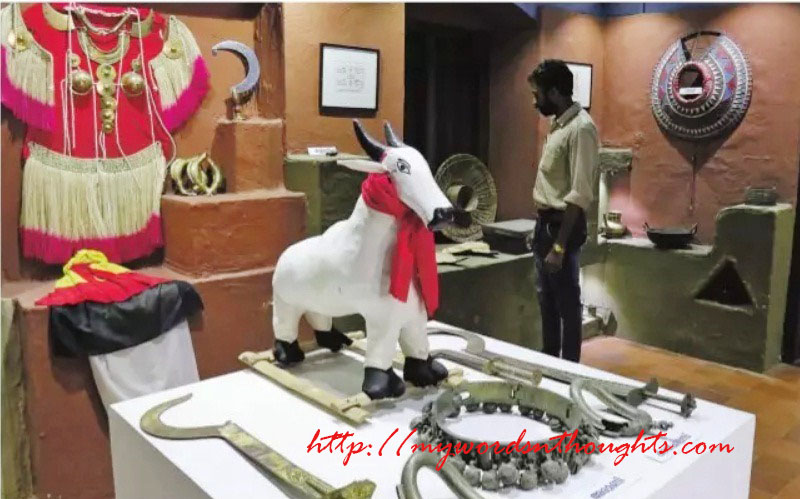
Gallery organized by Folklore Academy
A special gallery of Kerala Folklore gallery has also been displayed in the palace. It has been done specially as a part of renovation process that’s undergoing. This gallery has been re-created by some of the art directors of the magnum opus Bahubali: The Beginning, and they have given due importance to create the gallery binding all those antique flavours. The gallery has been completed giving importance to Thrissur’s heritage and traditional art forms. It gives an excellent opportunity for spectators to take a break from present times and travel back to the glorious yesterdays.
Clay utensils and wooden hearths, not quite familiar to new generations, grinding stone and ural, which were once integral parts of Kerala kitchen too etc are arranged in the gallery for display. Walls too were recreated retaining those old flavours, meeting with everyone’s expectations. Chunnambu Chellam (lime box), old iron box, winnow, containers (bharani), coconut scrapper (chirava), ottal (used for catching fishes), fish basket, Kuruthi etc are also arranged in the museum.
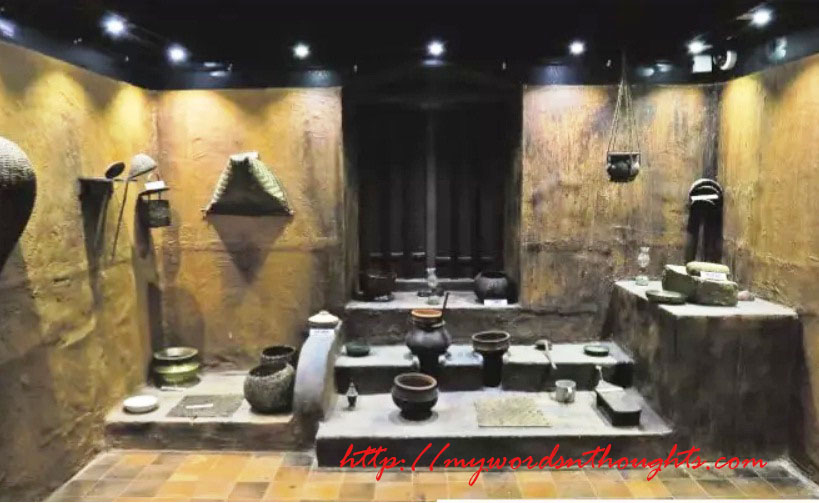
Recreated kitchen retaining old elements
For people of other religious beliefs, a few temple models have also been constructed, so that they can know its architectural style in deep. Replica of Sree Kovil (main temple) of Thiruvegapura and Thiruvalla temples has been recreated this way.
A big collection of wall painting
Years earlier, this museum was known as Mural Art Centre. It includes a huge collection of mural paintings; that’s why it was called so. Paintings have been displayed in the first floor of the museum. Kochi Raja, a patron of arts, started this museum in an aim to collect and display some of the great works of famous artists belonging to different era from different parts of India, and thus promoting painting art. Started in the name of Kochi Raja at Thrissur town, the gallery was opened to public in 1938. The museum, also known as Sree Moolam Chitrasala collected the replica of some of the greatest mural paintings of Kerala palaces and temples.
Some of the replicas include mural paintings of Mattancheri Palace, Chemmandhitta temple, Vadakkumnatha temple, Kanjur Church, Pudhukad Church, Ajanta and Bakhi etc. 34 paintings of Sree Moolam Chitrasala are now displayed at heritage museum. Paintings, royal dress, footwear and turban of Vasudeva Raja and wife are also arranged here.
Heritage wall and playing equipment for kids
More than 50 pictures exhibiting Thrissur heritage have been drawn in the outer wall of the museum. It was completed by students and teachers of Lalitha Kala Academy. Thrissur Pooram, llanjithara Melam, Anjuvilakk, Machad Maamangam, Guruvayur Satyagraha, Kol Paddy fields, Tramway, Punnathur Fort, Shakthan Thampuran and Velichapad, Kodungallur Bharani, Pulikali, Pattalam Market, Perumpilav Market etc are some of them. Special arrangements for kids’ fun have also been done near to outer wall, which include many rides and more than 25 seats.
Image courtesy: Mathrubhumi e-paper and Wikipedia
You can read a few more articles on some of the major tourist spots of Kerala here. Here is the page link. Click on the images in the gallery to read

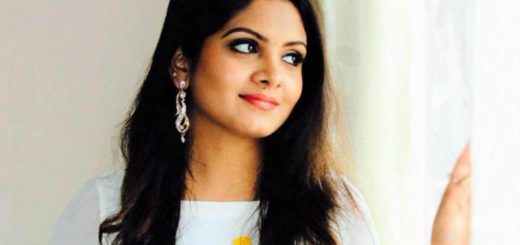
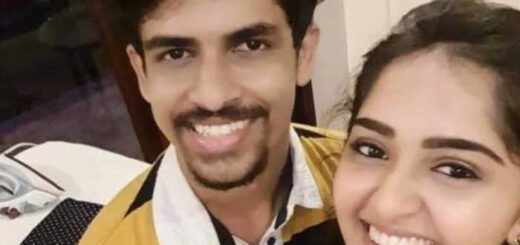



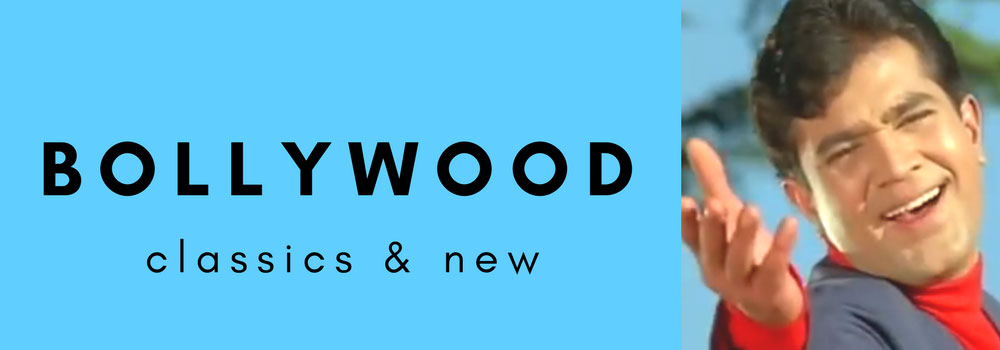
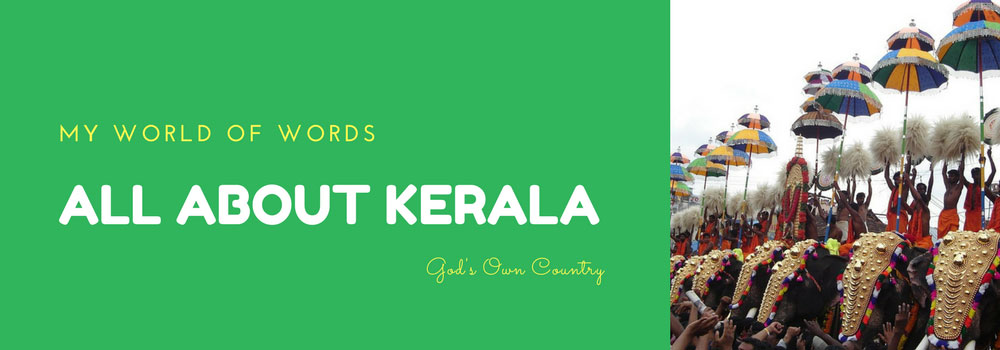
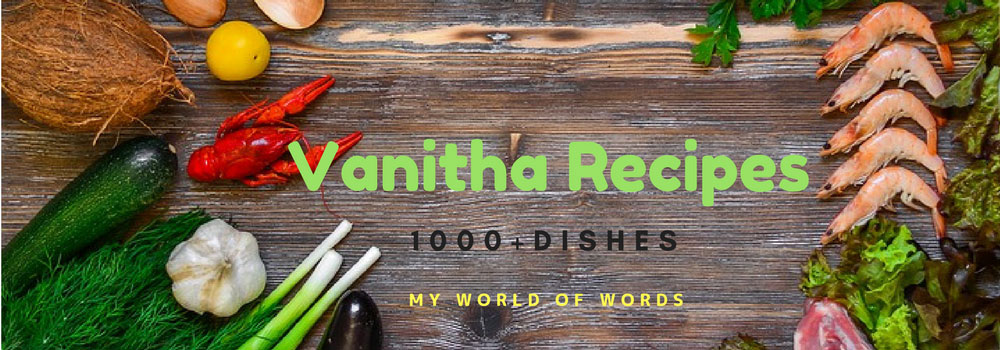
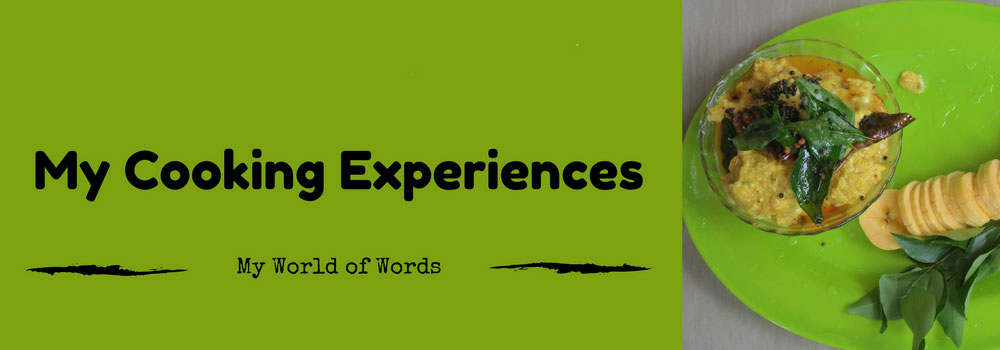
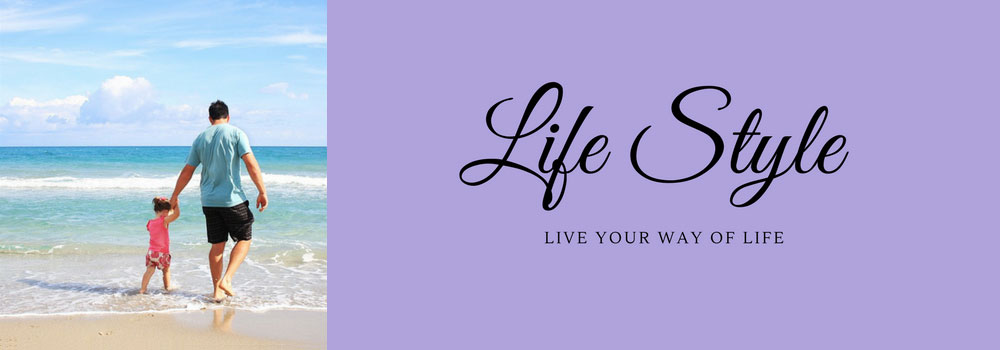
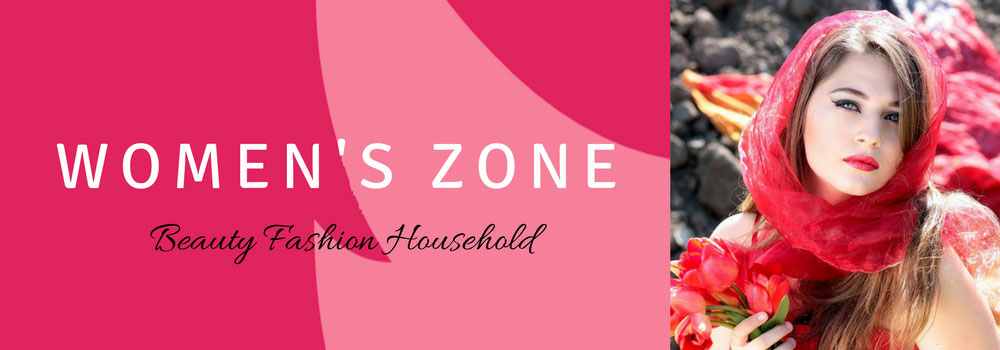
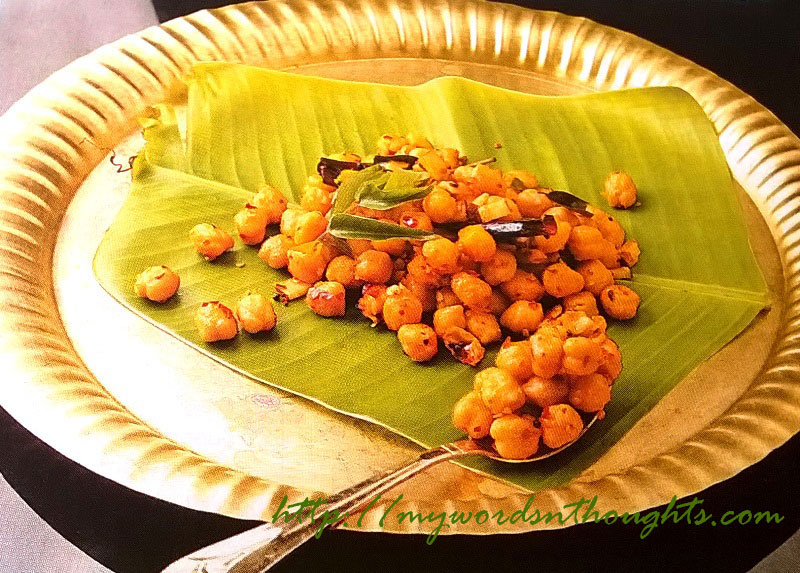
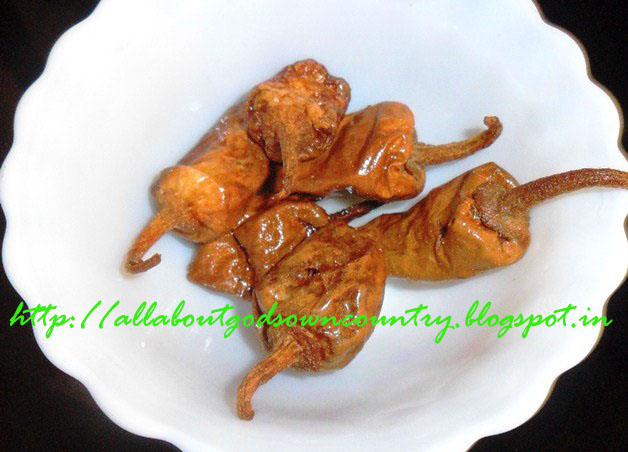
This is really helpful to know more about kollengode house!